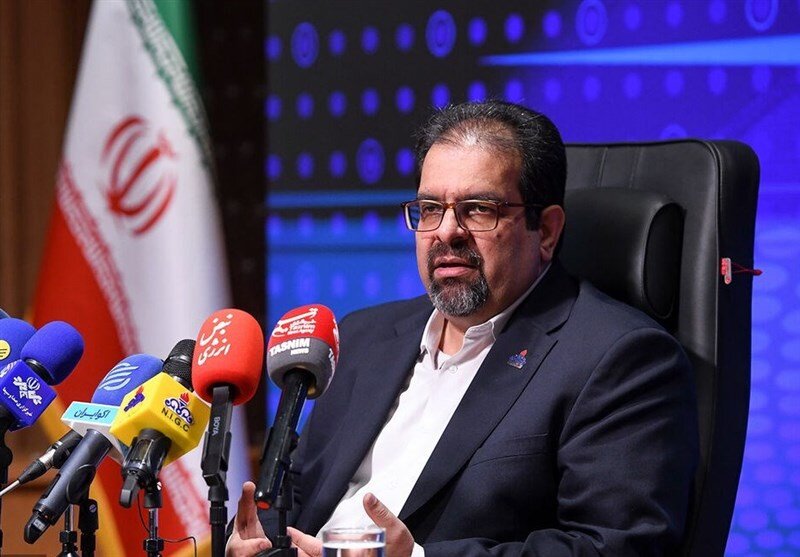Gas injection into national network hits new record high

TEHRAN – Iran has set a new daily record of 876 million cubic meters (mcm/d) in gas injection into the national grid, according to Saeid Tavakoli, Deputy Oil Minister and the head of the National Iranian Gas Company (NIGC).
Tavakoli, speaking at the third specialized meeting on efficient gas consumption management, highlighted a positive shift in addressing the country's energy imbalance, saying: “This year, the issue of energy imbalance, which has long been discussed, has gained unprecedented attention from all stakeholders and has been acknowledged as a critical concern.”
He noted that for the first time, the President has been deeply involved in addressing energy imbalance and managing consumption, actively discussing the matter in numerous cabinet meetings. The issue has also been given significant attention in sessions involving the heads of government branches.
Tavakoli described the increased focus on energy management as a promising step, turning the challenge of gas imbalance from a serious threat into a valuable opportunity. He emphasized that the issue has now become a national concern, reflecting the country’s determination to resolve challenges and improve its energy sector.
This urgency has spurred several government ministries, including the Ministry of Information and Communications Technology and the Planning and Budget Organization, to accelerate their related initiatives.
Despite significant challenges and the associated costs to the NIGC, Tavakoli noted that gas production and consumption management have been effectively handled this year. This progress indicates a shift in the country’s approach to resource management, raising hope for further improvements in energy stability.
He also unveiled plans for new initiatives to enhance energy management and increase gas production. One notable program by the Ministry of Information and Communications Technology involves leveraging data platforms to optimize energy usage.
Tavakoli announced that the daily production and transmission of natural gas have reached 876 million cubic meters, a record-breaking figure. He attributed this achievement to engineering risk-taking during major overhauls, which significantly boosted gas transmission capacity.
The official acknowledged challenges caused by early-November Scandinavian cold air masses affecting 11 northern provinces, which put the system under strain. However, enhanced gas transmission capacities and continuous efforts in energy management mitigated the potential impact of the cold spell.
Efforts to promote energy-saving measures have also gained momentum. These include the launch of national campaigns such as the "Two Degrees Less" initiative, a 10 percent energy-saving drive targeting major industries, educational broadcasts in collaboration with national media, and public awareness efforts. Collaborations with religious leaders, environmental promotions, and the establishment of energy-related companies and policies on the energy exchange market have also contributed to stabilizing the gas network compared to last year.
Tavakoli concluded by expressing gratitude to all personnel involved in these efforts, underscoring the importance of continued collaboration to improve energy management and services. He encouraged colleagues to actively contribute suggestions to further enhance operations.
EF/MA
